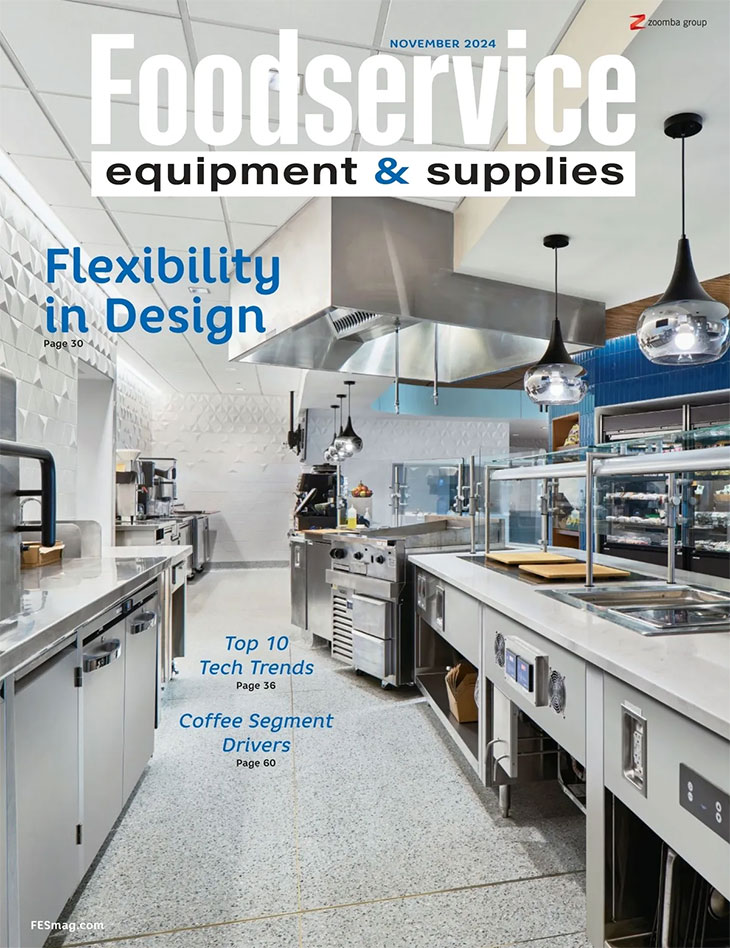The COVID-19 pandemic has put plenty of restaurant operators in a financial bind. Even if they’re open with limited dine-in capacity, the economic impact of COVID-19 has cut the dining dollar for many consumers.
It’s natural, then, for foodservice operators to seek to reduce expenses. One way to do so is in the realm of equipment maintenance. Operators should be careful about how they save money in this area, though.
There’s a simple way to eliminate some service calls and their related bills, according to according to Paul Pumpitis, field service manager for New York-based service agency Duffy’s AIS. “Read your manual. Read your manual and do what it tells you to do for periodic maintenance and you'll keep guys like me out of your kitchen. That's the biggest thing,” he says.
Indeed, the typical owner’s manual contains a number of steps operators should take to keep their equipment running well. These chores can involve a daily routine or even a mere quarterly routine, but completing them can prevent a breakdown.
For the most part, says Pumpitis, these are simple jobs. Tasks include keeping vents clear of debris and dusting air intakes. Others can be more involved but are doable if the operator follows the manufacturer’s guidelines. More operators, he says, now are changing their own water filters and descaling some water-using machines. These sorts of jobs are not only doable, they’re also a good use of time when an operation is otherwise slow.
The time will come, of course, when that phone call to a service agent becomes a must. The more involved the job, the more likely it should be performed by a service agent, especially if utilities are involved, says Pumpitis. “Anything that requires you to take panels off, you want to stop at that point and ask yourself how deep you want to get into something. Anything that may involve live circuitry or open gas lines and things of that nature, you definitely want to stop there,” he says.
Beyond taking on cleaning and basic maintenance, operators can take some common-sense steps to avoid service calls. If a restaurant has been shut down for a length of time, Pumpitis says, the operator should call in a service agent to do a deep cleaning and startup of equipment. Turning on a unit that has been shut down for months as though nothing has happened could end up damaging that piece of equipment.
Along those lines, operations working at partial capacity should use all their equipment on a regular basis. If, for instance, a restaurant has two fryers but only needs one to meet customer demand, the operation should change the active unit on a regular basis. “It's kind of like if you have a car sitting in your driveway for any length of time. If you don't start it and use it once in a while, that's when bad things start to happen. It's better to use each one half as much then to leave one off the whole time.”
Service bills are never welcome. During a pandemic-induced cash crunch, they can be even more painful. By being proactive about equipment cleaning and maintenance and using a little common sense, operators can reserve their service dollars for when they’re really needed.





